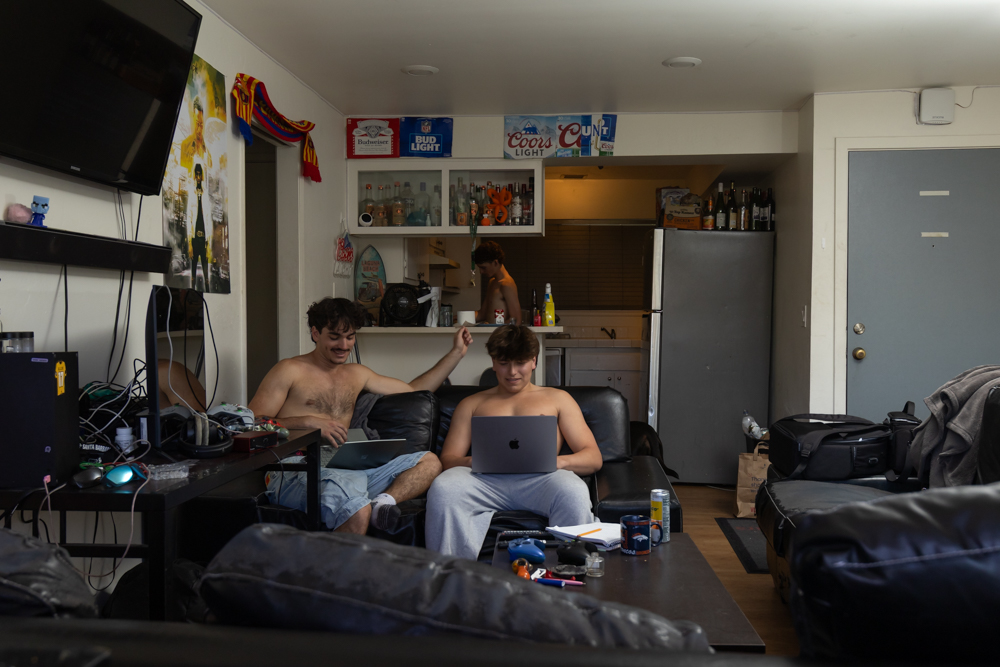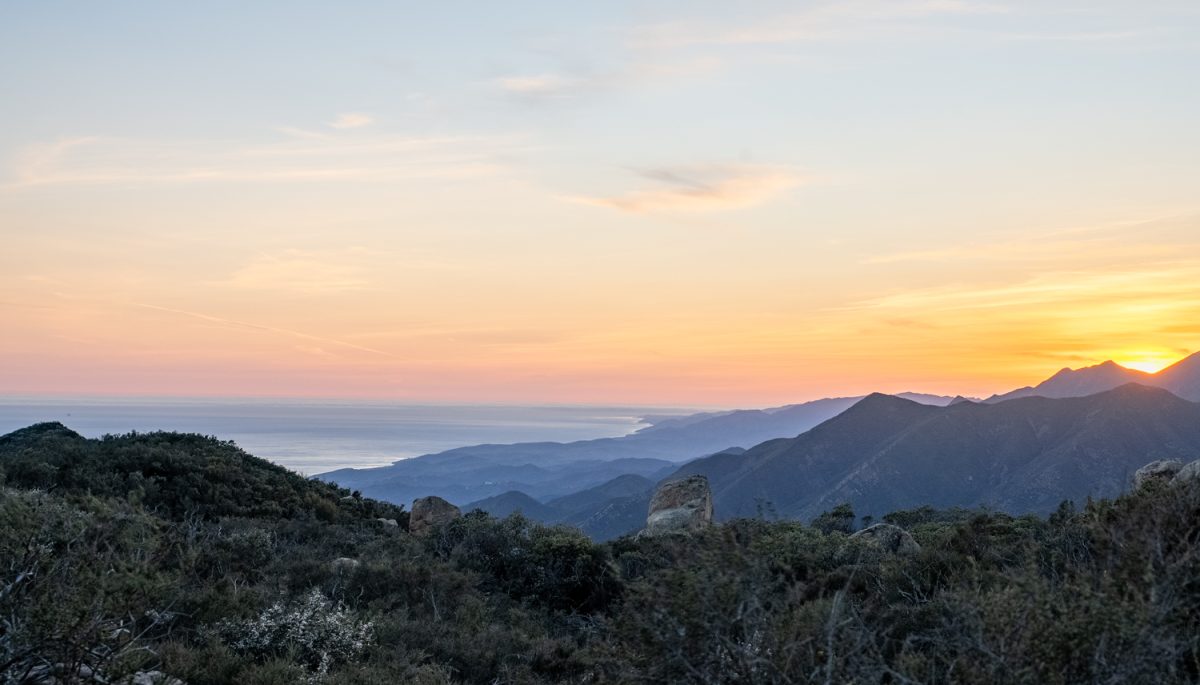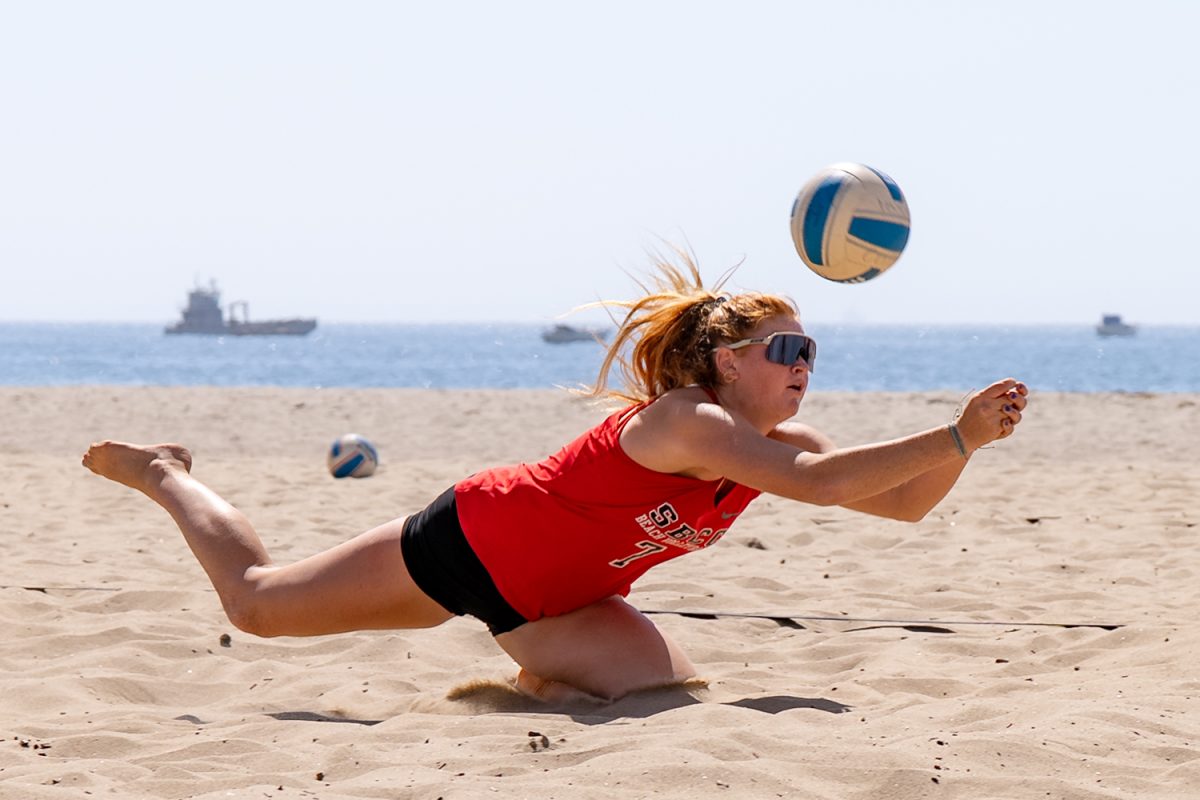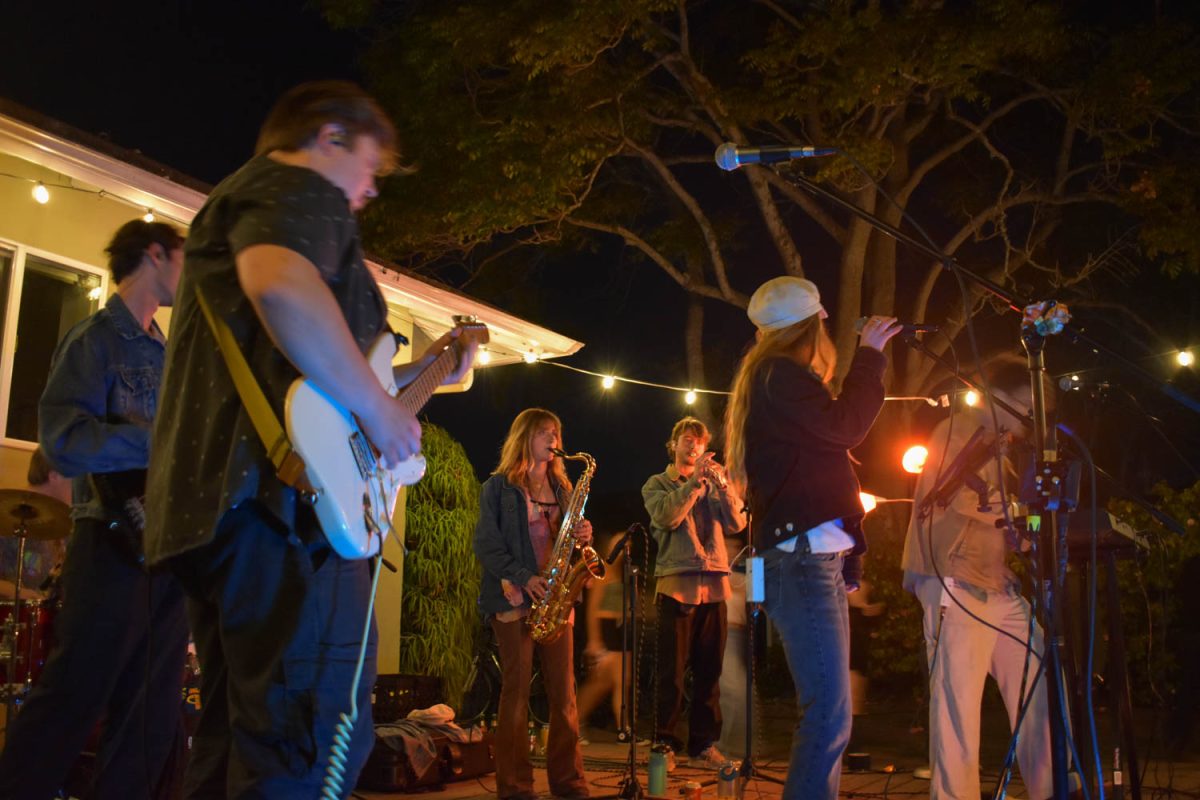Students from City College’s Projects in Sustainability Class are working with the Sustainability Committee to implement a student fee that would allow them to make City College more sustainable.
Nick Hofstatter, a student in the class from last semester, proposed a $5 increase in student registration fees to help fund sustainability projects around campus.
“I put in the idea but it’s really been more of a group effort,” Hofstatter said. “People were on board to help out pretty quick.”
The class aims to address various environmental issues, with students working to develop sustainable projects for the campus. The environmental studies course is taught by Adam Green, the faculty sustainability advisor, and is offered every fall semester.
One of the group’s goals is for the college’s cafeterias to be organic and fair trade certified. If the fee is implemented, some of the money would go towards this as well as solar projects and providing healthier food options on campus. The money from the fees could go back into the cafeteria to make its food fair trade certified and organic, while keeping the costs down.
In a separate effort to make the campus fair trade certified, the committee will host an event later this semester to promote and expand on the importance of fair trade.
The $5 registration increase would be included as part of the student activity fee every semester. This would bring the total up to $10 a semester, but it will be optional like most other student registration fees.
According to Hofstatter, this fee could raise upwards of $140,000 to $160,000 yearly for sustainability projects. If students want to opt out of this fee, they can go to Student Services and request a refund.
The students from the class and the Sustainability Committee worked together to propose the fund to the administration, The Associated Student Government and the Board of Trustees.
The group is currently working to put the fund on the Student Senate agenda and will need a two-thirds majority vote to move forward. If passed within the senate, it will be put on the voting ballot for students.
“It’s the same price of a large cup of coffee from a coffee shop,” Hofstatter said. “It’s sacrificing one days worth of coffee once a semester that can help to give back on campus.”
This fee is part of a larger project called the Sustainability Fund. The fund was created to cover environmental concerns and meet goals that are currently part of the SBCC District Sustainability Plan, which was developed in 2014.
“I think it’s really just tapping into something that’s already there,” Green said about the fund.
A group of staff, faculty, and students would oversee the money. Students then could fill out a grant application to receive funds for a sustainability project that they are interested in working on.
“This would be an amazing opportunity for students to get real world experience working with grant applications and presenting in front of professionals in the field,” Hofstatter said.
The Sustainability Workgroup is an existing work group made up of faculty, staff, and students that would overlook the hypothetical account for these funds and how they would be utilized.
If the fund does not pass through the Student Senate, Hofstatter said he plans to petition to continue the ballot proposal. He will be gathering signatures at the upcoming fair trade event.
Green said he is looking forward to a more consistent source of funding for sustainability so students can fully engage in new projects to better the campus.
Editor’s note: This story was updated at 2:20 p.m. Friday, Feb. 22, 2019.


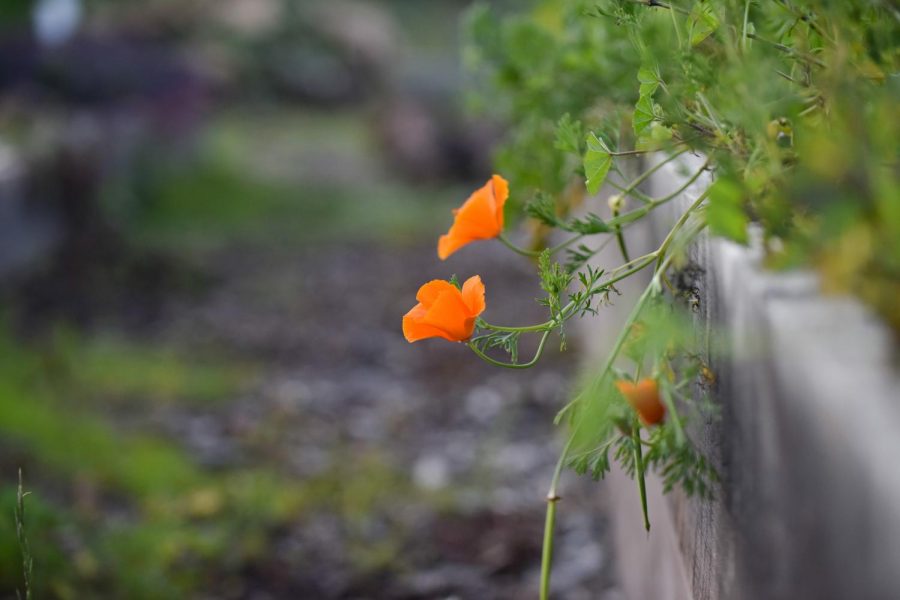

![Milton Alejandro Lopez Plascencia holds a flag showcasing the United States and Mexico on Feb. 7 in Santa Barbara, Calif. “It’s heartbreaking to see what is happening all across the country,” Lopez Plascencia said. “I [want] my voice to be heard by the community.”](https://www.thechannels.org/wp-content/uploads/2025/05/MGSImmigration-1-1200x800.jpg)
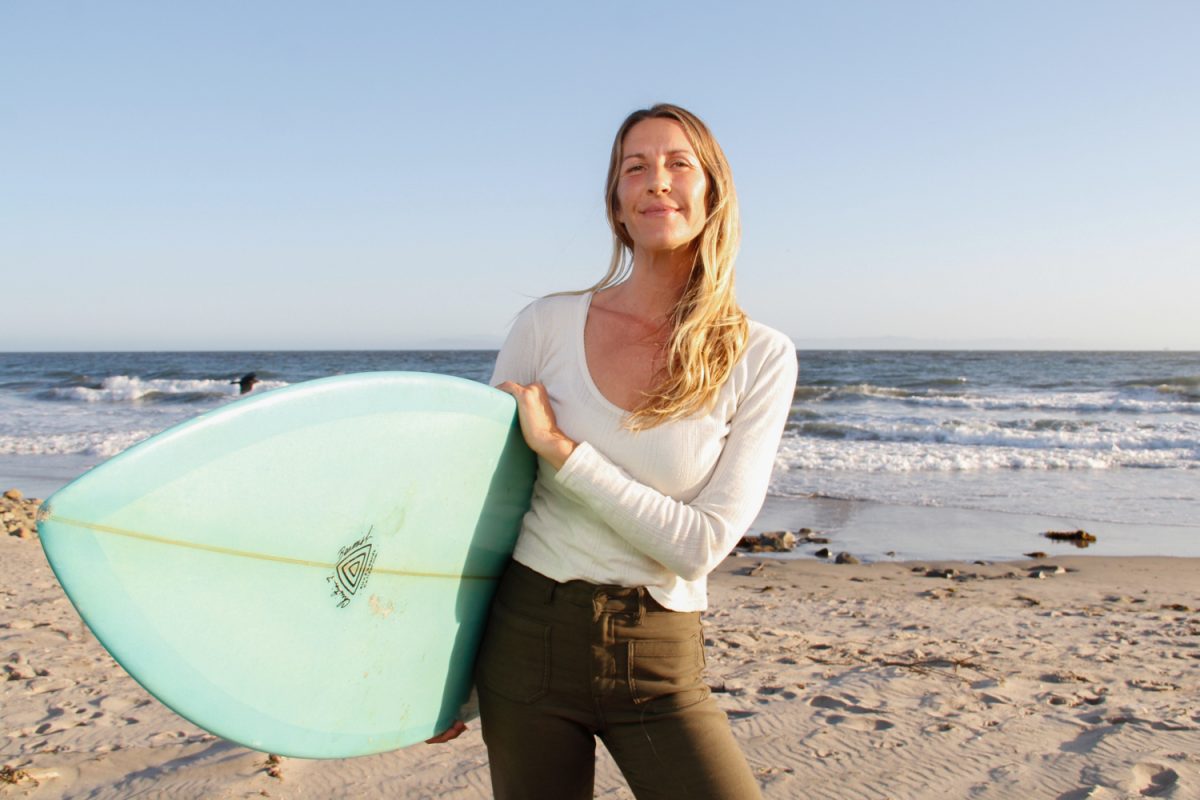

![The new Dean of Social Science, Fine Arts, Humanities and English, Eric Hoffman beams on May 2 in Santa Barbara, Calif. "My major professor in college [inspired] me," Hoffman said. "You can really have a positive impact on people's lives in education."](https://www.thechannels.org/wp-content/uploads/2025/05/MGSHoffman-2-1200x800.jpg)
